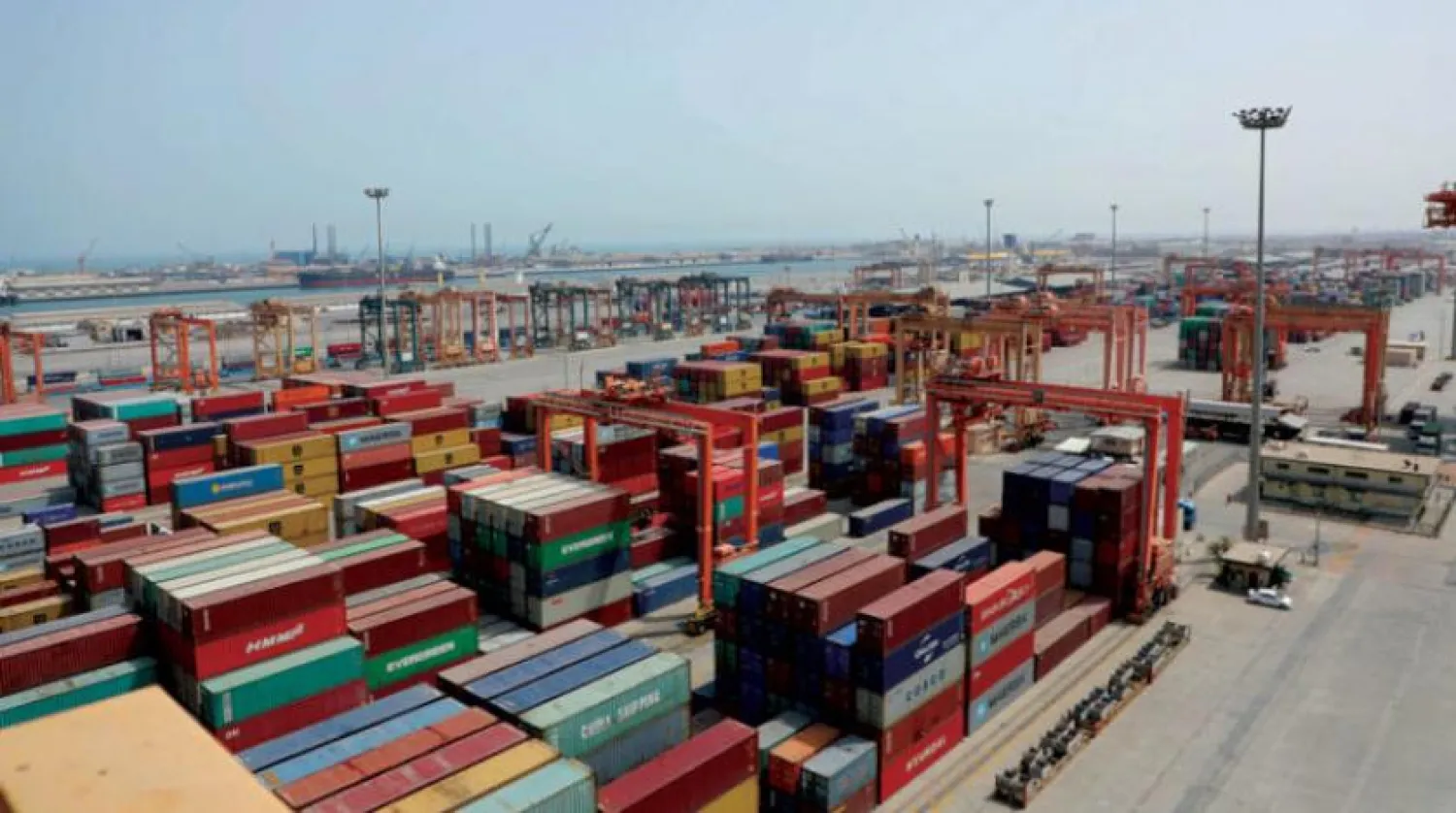The G20, under the presidency of Saudi Arabia this year, is set to support initiatives that facilitate trade, raise competitiveness and stimulate SMEs. The group will also focus on boosting healthcare protective measures in light of the coronavirus pandemic.
Saudi Arabia will coordinate with G20 countries to boost the global economy, helping it recover from the repercussions of the pandemic and assist nations to resume normal life activities.
The general objective of Saudi Arabia’s presidency is to “seize the opportunities of the 21st century” by providing people with decent livelihood, prosperity and protection for the planet, while capitalizing on new innovations and sharing technological progress, Saudi Commerce Minister Majid Al-Qasabi said on the sidelines of the G20 Leaders Summit.
The Kingdom’s G20 presidency reflects its leading position among global countries, the minister indicated, adding that the presidency extends from December 2019 until November 2020.
“Due to the current extraordinary circumstances imposed by the COVID-19 outbreak, the group held an extraordinary summit in March to support a coordinated global response to the pandemic,” Qasabi said.
Additionally, the G20 member countries pledged more than $21 billion to support funding in global health, counteract the social, economic and financial impacts of the pandemic and enhance resilience in the long-term.
The three extraordinary meetings between the ministers of commerce and investment from the member countries fell within the coordinated global response initiative. They sought to enhance the multilateral trading system, build resilience in global supply chains and support the Riyadh Initiative, which focused on the World Trade Organization reform; in addition to improving the international competitiveness of micro, small and medium-sized enterprises (MSMEs), increase economic diversification and strengthen international investment, he highlighted.
“We will maintain mutual cooperation amid the progress achieved after lifting the restrictions imposed on international trade exchange. G20 member countries will take the necessary measures to help the countries recover from the repercussions of the pandemic, maintain market stability and survive headwinds,” the minister said.
Saudi Health Minister Tawfiq Al-Rabiah said the ministry activated its initiatives as part of the National Transformation Program, including the Health Performance Program, Mawid (Appointment) app, Sehhaty app, 937 Health Center, Wasfati (Prescription) system and others.
The initiatives have contributed to improving health services, meeting the needs of citizens and achieving their desires in line with the health goals of the Kingdom’s Vision 2030, Al-Rabiah said.
The Kingdom also took effective and early steps in containing the pandemic through cooperation with the international and regional community, he said.









